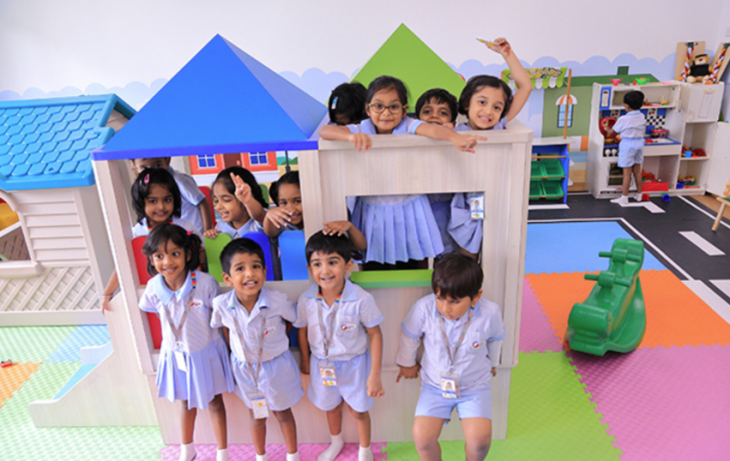Are Tokyo Montessori schools worth the hype?

These days, parents are much concerned about early education and look for the best learning program for their children. It has led to the evolution of many learning methodologies based on the child’s vision and requirement. However, the method most people trust is Montessori learning. So parents in Japan started looking for the Montessori School in Tokyo for their children, where they can learn through a practical approach without any stress of mugging things for a better score.
Montessori learning readily became so popular that many international schools in Japan adapted to it, and the results came out fruitful. The fee structure of these schools is little on the higher side, but it has not affected the inclination of parents towards it. The question that arises here is, are these schools and the learning methodology worth the hype? Let us find out.
Perks of Montessori learning methodologies
Practical Approach
Montessori learning is a practical approach where children learn things through various activities. Unlike the traditional education system, it does not solely depend on bookish knowledge. The educators have tons of activities planned that children find interesting, and their engagement rate also improves big time. They learn the challenging concepts through these activities without sitting under the four walls of a classroom and digging their eyes in the books. Not only this, but the child also gets to choose which activity he wants to pursue, and it is the job of an educator to ensure that he gets to do things that attract him.
Less Stress
This learning process focuses on giving children a stress-free environment where they have the freedom to do the things they want. The focus of every Montessori School in Tokyo is to consider every child as an individual and allow them to grow at their own pace. There is no comparison with other students in the class, and no one dictating them to do things in a prescribed manner. The best catch here is that the methodology doesn’t overlook the skills like self-discipline and critical thinking. The activities planned by educators work on building these skills in children.
Nurturing environment
If you visit the schools in Japan that follow Montessori learning methods, you will immediately feel the difference. You will hardly find a teacher trying to calm a crying child. Instead, the staff works tirelessly on creating a nurturing environment where a child wants to come every day without showing any tantrums. As a result, you will find happy kids interested in learning different concepts without feeling the stress at schools that focus primarily on education.
Overall Development
Montessori learning is unbeatably the best learning practice for the holistic development of every child. They believe that preschoolers have a better potential to comprehend skills that prepare them for facing the challenges that their future holds. Children get encouraged to participate in group activities that teach them to be social. Furthermore, they do not categorize students based on their age. Every child at the international schools in Japan that follows Montessori learning learns collaboratively with other students irrespective of the same age. Hence, whenever a child faces issues in their professional careers, they will have experiential experiences to tackle the situation well.
The perks a child can get from this learning methodology are endless. It makes them future-ready and keeps them intellectually strong to face challenges. However, it is essential to find the best schools in Tokyo providing Montessori learning programs to give students that environment where they can grow. Thus, it becomes the duty of every parent to carry out thorough research and explore multiple schools before choosing the one where they want to enroll their child. Visit the school personally and check every facility thoroughly. You need to ensure that it will stand tall on your expectations and design a better future for your child.




